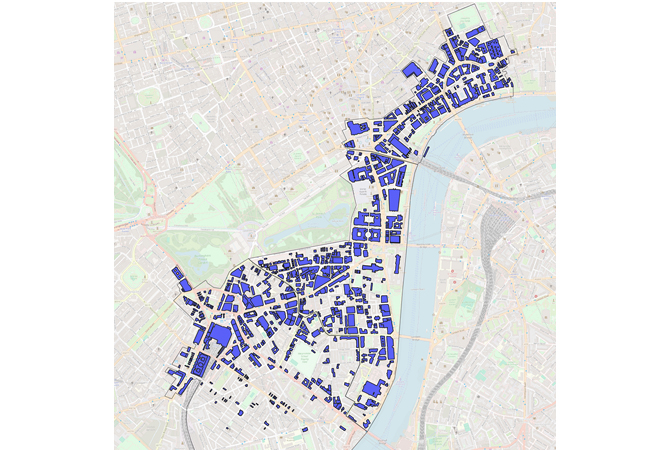
On the campaign trail: Keir Starmer and Angela Rayner at Gillingham FC, and Rishi Sunak with chancellor Jeremy Hunt
The Conservatives have identified energy policy as a key dividing line with Labour in the campaign for the upcoming general election, which was called by Rishi Sunak the day before CIBSE Journal went to press.
The Prime Minister announced on 22 May that the King had agreed to his request to dissolve parliament, triggering an election on 4 July. The Conservatives remain committed to the UK’s statutory goal – passed under former Tory Prime Minister Theresa May – to cut emissions to net zero by 2050 and to decarbonise the electricity Grid by 2035. However, Sunak’s government has back-pedalled on several net zero policies over the past year.
Last week, the government announced that 20% of homes would be exempt from having to transition to low carbon heat by 2035.
In addition, Secretary of State for Energy Security and Net Zero Claire Coutinho announced a delay to the implementation of the Clean Heat Market Mechanism – which mandates that boiler manufacturers sell a specified level of heat pumps – just a few weeks before it was due to come into force.
Labour has pledged to decarbonise the Grid by 2030 and establish its publicly owned Great British Energy (GBE) company, which was one of the six ‘first steps’ announced by the party’s leader, Sir Keir Starmer, on 13 May.
In the last Department for Energy Security and Net Zero minister’s question time, a day before Sunak’s general election announcement, energy minister Justin Tomlinson said Labour’s GBE plan is ‘irrational’, and its 2030 target is ‘mad’ and ‘unachievable’.
In response, a Labour spokesperson said ‘After 14 years of failed Conservative energy policy, all Sunak has left to offer is a bunch of empty buzzwords, none of which will bring down energy bills for hardworking families.’




